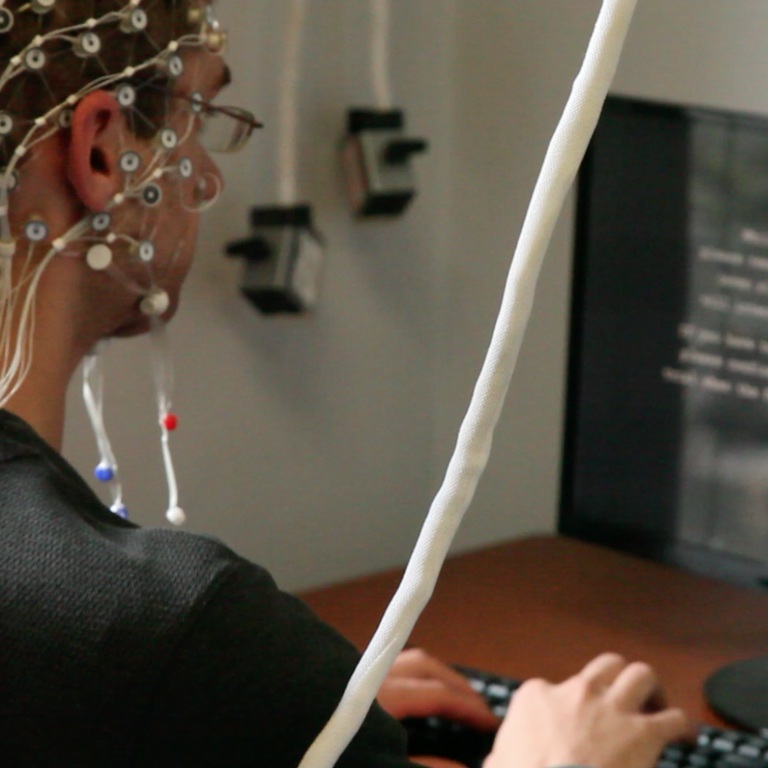Rebellion Research
In a groundbreaking study published in Frontiers in Psychology, Japanese researchers Dr. Koji Tachibana and Dr. Eisuke Nakazawa of Chiba University shed light on the varying perceptions of virtue among educational specialists and the general public in Japan. This research has significant implications for academic integrity and educational policy.
Historically, virtue, a set of moral and social codes, was viewed as an aspirational excellence in the West, while in the East, it was seen as a goal for select individuals, such as rulers. The 20th century witnessed a resurgence of the concept in academic circles, yet it remained less prevalent in the public consciousness.
The study, conducted through an online survey targeting individuals from various age groups, genders, and professions, explored how frequently the term “virtue” is encountered in daily life, the associated impressions and words, and which virtues are considered important or challenging to understand.
Significantly, the study found that educational specialists (ESs) were more familiar with the term “virtue” and tended to associate it with intellectual virtues, drawing heavily on ancient Greek philosophy. The general public (GP), on the other hand, identified more with passive, emotional virtues, often aligning with Eastern values. Both groups, however, demonstrated a mutual lack of understanding of Confucian virtues.
Dr. Tachibana emphasizes the importance of this research, noting, “The gap in understanding virtue between the GP and ESs could lead to errors in educational resources and hinder the effective design of an education system.”
The study’s conclusions highlight the different emphases on virtues between the two groups, with the GP leaning towards Eastern values and ESs towards Western ones. This discrepancy suggests a potential gap in understanding that could have adverse practical implications, particularly since ESs play a pivotal role in shaping the national curriculum, educational policies, and textbooks.
In his closing remarks, Dr. Tachibana points out, “Our findings reveal significant social implications in areas such as academic integrity and educational policy, showing how differently virtue is understood by ESs and the GP in Japan.”
This research is a critical step in addressing these gaps and could pave the way for future studies on the concept of virtue in society, underscoring its importance in shaping educational approaches and public understanding.



